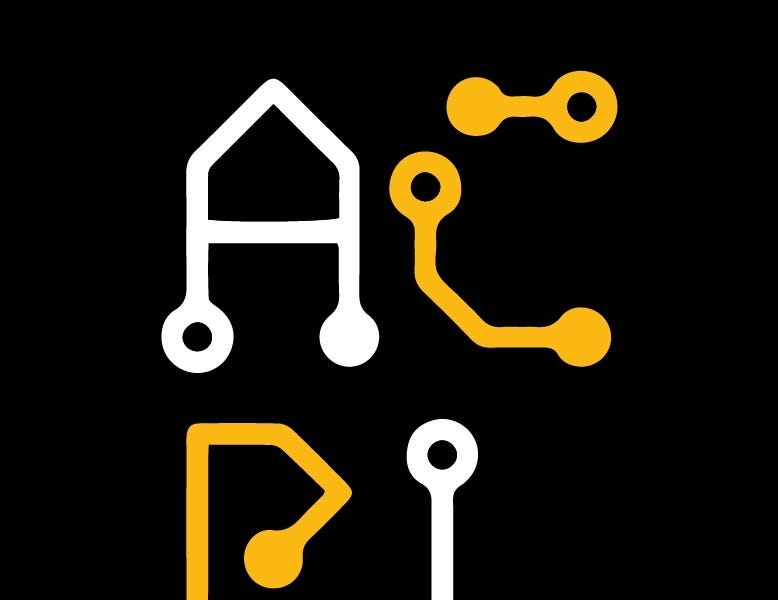Pluralistic: How twiddling enshittifies your brain (28 Jul 2025)
"If your customers are too happy, you're leaving money on the table": it's the rallying cry of the enshittifier, and it's also what a friend of mine was told by a respected professor in a top-tier MBA program.
Enshittification is the theory that if platforms can shift value away from workers, suppliers, users and/or customers without facing consequences, we should expect that they will. A company is a colony organism made up of many differing organelles, some of whom have firm moral centers and good values, but those factions can't win an argument about enshittifying the company's offerings merely by gesturing towards their ethical reservations. To win that argument, the good guys have to be able to appeal to a villain's highest priority: their own self-interest. It's one thing to say, "I'll feel gross if we wreck our product this way," but it's another altogether to say, "We'll go broke – because of fines, or employee defections, or competitor poaching, or interoperable blocking tech – if we do it your way":
Someone in the org is always ready to believe that the customers (or workers, or suppliers) are too happy, and that this represents money left on the table. Customer service can be scaled back, wages cut, free features turned into upsells. Some of capitalism's most imaginative inventors are enshittifiers, dreaming up new ways to sell you to yourself.














